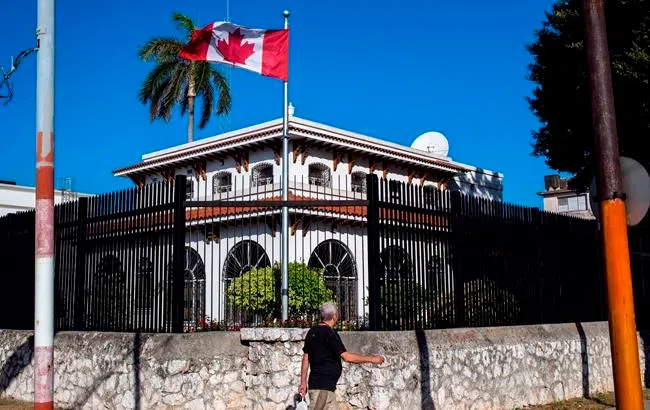
Canada reviewing presence in Cuba after another diplomat falls mysteriously ill
OTTAWA — Canada is reconsidering its diplomatic presence in Cuba following another unexplained illness among embassy staff.
Government representatives will travel to Havana next week to begin a review, and while it is too early to say what steps might be taken, all options are on the table, a senior official said Thursday.
“It’s difficult to speculate even on the breadth of the options that are out there.”
Canadian government officials provided a briefing on the latest developments on condition of anonymity.
